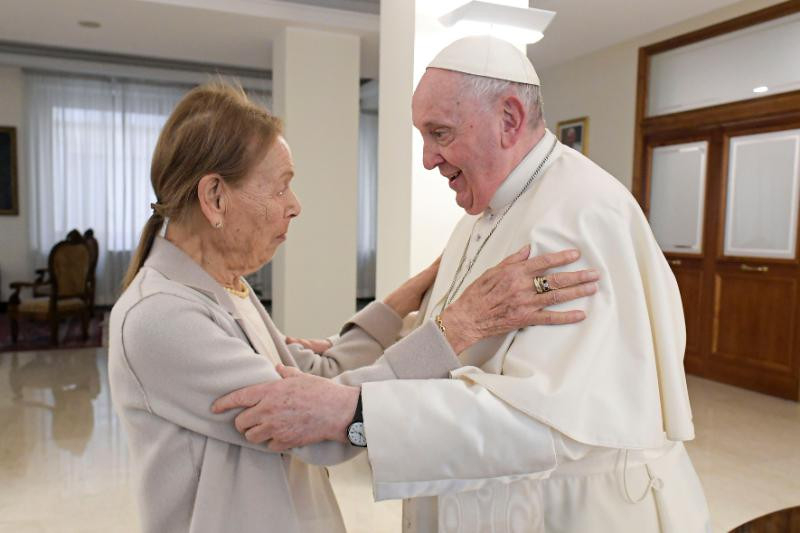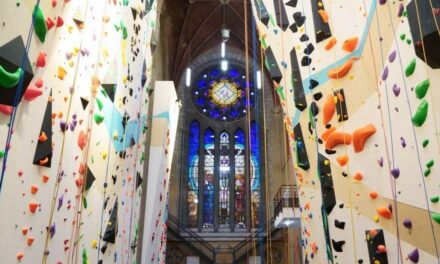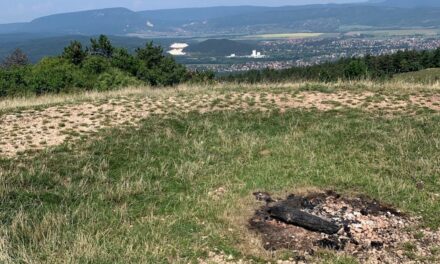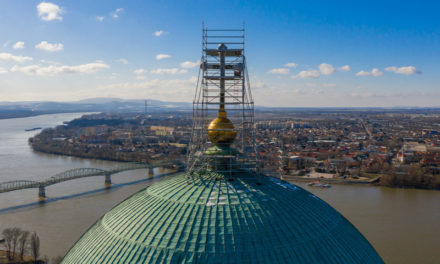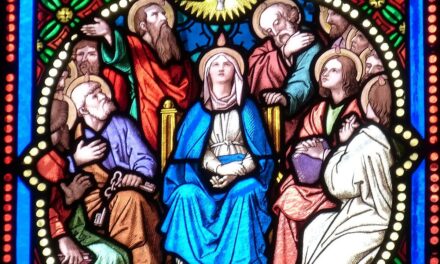On Thursday, the day of remembrance for the victims of the Holocaust, Pope Francis had a long and loving conversation with Ms. Edith Bruck for about an hour at St. Martha's House, almost a year after he visited the writer at her home in Rome, the press service of the Holy See announced on the evening of January 27.
Both emphasized the inestimable value of passing on the memory of the past to the youngest, including its most painful points, so that the same tragedies do not repeat themselves, the short statement notes.
89-year-old Bruck Edith was born in Tiszakarád in a Jewish family, her entire family was taken away during the persecution of Jews. He has lived in Italy for a long time. A year ago, on International Holocaust Remembrance Day, the Vatican daily L'Osservatore Romano published an interview with him. Pope Francis was so moved by her testimony at the time that he visited the writer at her house in Rome on February 20.
The Holy Father then addressed the writer with these words: "I came here to thank you for your testimony, to express my respect for the people who became martyrs because of National Socialist madness, and to sincerely repeat my words from the heart, which I said in Jad Vasem, and which I say to all to a person who, like you, has suffered a lot: "Forgive me, Lord, in the name of all humanity!"
Edith Bruck was born in 1932 in Tiszakarád, a small village in Tiszahát. He experienced poverty in his childhood, he was the sixth child of his parents. The whole family was deported, he lost his parents and one brother. He himself visited Auschwitz, Dachau, Bergen-Belsen. "One by one, my books were conceived in pain," he confesses. His first book, Chi ti ama così (Who Loves You Like This) is a confession about his childhood, the war, the camp, and escaping. This writing is also known as the "diary of the surviving Anne Frank". After twenty years, he felt enough strength in himself to be able to visit his native village again. He immortalizes this visit in a story (which was also made into a film), which he published together with two other stories in the volume Due stanze vuote (Two Empty Rooms). He wrote several novels and short stories and translated the works of several Hungarian authors, including Attila József, Miklós Radnóti and Gyula Illyés, into Italian. After the camp, he looked for his place, and the solution seemed to be Israel, where many survivors found a home in those years. In 1948, at the age of sixteen, as a married woman, she chose this country as her homeland, where she lived until 1954. He then moved to Italy and became a writer there. In Rome, she married film director Nelo Risi, who was a prominent figure in Italian cultural life. Edith Bruck also worked as a journalist, was a radio and television employee, directed plays and made films. One of his films was part of a television series in which female writers presented the landscapes of Italy, but he also made portrait films, several of which were about social outcasts, blind people, and dwarfs. "Memory keeps us alive, and life sustains memory," he said at an award ceremony. He always considered it important to speak as a witness on behalf of all the persecuted, he likes to speak to young people and adults, and in such cases he talks not only about the persecution of Jews, but also about today's prejudices and today's outcasts. The Italian writer Primo Levi, who also survived Auschwitz, said of him: "He is among those who, like Job's messengers, survived to be able to speak."
Source: magyarkurir.hu
Featured image: Vatican News

